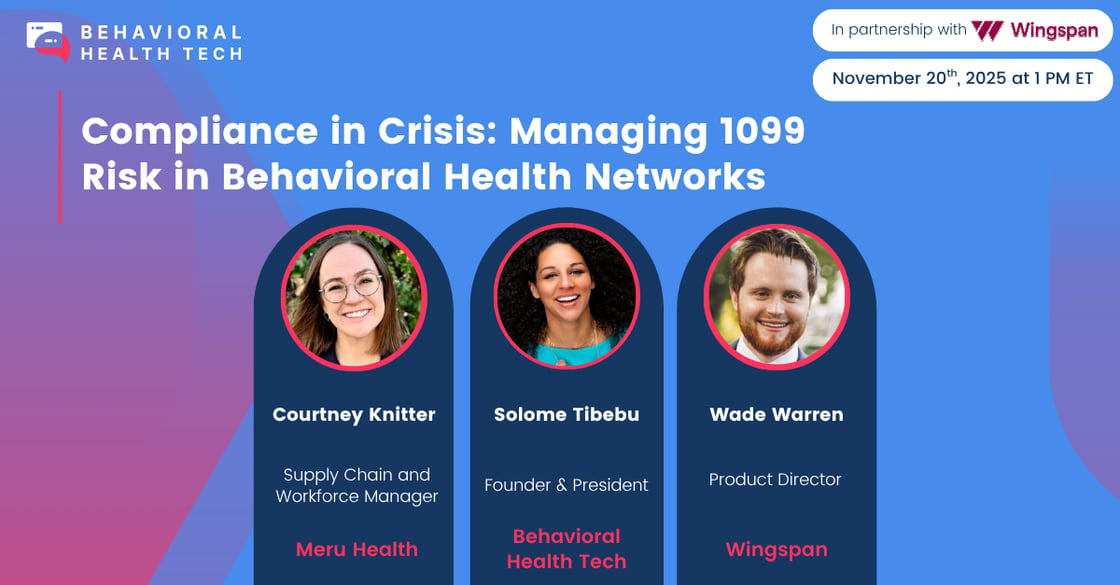This article was originally featured in The Financial Revolutionist on August 17th, 2023.
Fintechs that serve the gig economy are forced to contend with a fractured and diverse landscape. Relevant stakeholders range from gig worker-hiring firms, to HR professionals, to gig workers themselves; building out useful and scalable products requires playing 3D chess, keeping key user cases—as well as shifting regulations—top of mind.
This can present major challenges from an operational perspective. Ensuring that fintechs remain both holistic and focused requires internal discipline, thoughtful user research protocols, and dynamic compliance-related strategies.
Solving for platforms and individuals
The gig economy has grown rapidly over the past decade due to its formalization through tech platforms like Uber, Lyft, DoorDash, and TaskRabbit. With that reality in mind, fintechs looking to serve gig workers almost invariably interface with the platforms hiring them.
Wingspan, a NYC-based platform helping independent contractors manage their income, benefits, and taxes, is one such fintech player. According to Anthony Mironov, Wingspan’s Co-Founder and CEO, the core problem gig workers face is the chaos of receiving payments.
Treating an invoice as an “atomic unit” and building a comprehensive payments and financial-management platform around it compels Wingspan to sell directly to freelancers while also distributing Wingspan through company relationships; the latter group then provides financial and health benefits to independent contractors through Wingspan’s solutions, helping the platform further scale and positively affect more gig workers.
Addressing partners’ problems
Operating as core gig economy infrastructure requires deep knowledge of the gaps that platforms and gig workers face. Platforms’ and firms’ finance departments often grapple with a wonky patchwork of software to manage the contingent work of getting independent contractors paid.
The solution, Mironov said, is to address these operational stresses while also highlighting how departments can save both time and money by modernizing their operations. “It's really selling valuable software for the finance department, the operations department, the HR department, and saving companies hundreds of thousands of dollars,” he said.
Keeping an ear to the ground
Finally, these fintechs have to operate within a largely outdated landscape, governed by (sometimes centuries-old) employment laws and benefits frameworks. Gig workers can be entirely dependent upon a single hiring platform, but still be forced to deal with taxes, benefits, and reliable payments on their own.
“Being a contingent worker, you're not a full-time worker, you're not showing up to an office every single day, but your needs are the same as every other human’s,” Mironov said.
Mironov advocates for an employment status between a W2 and a 1099, which would be “more up to date with the current times.” Especially as they scale, we should expect gig economy-focused fintechs—along with other private-sector players—to develop politically oriented partnerships that can help shape the future of employment.






